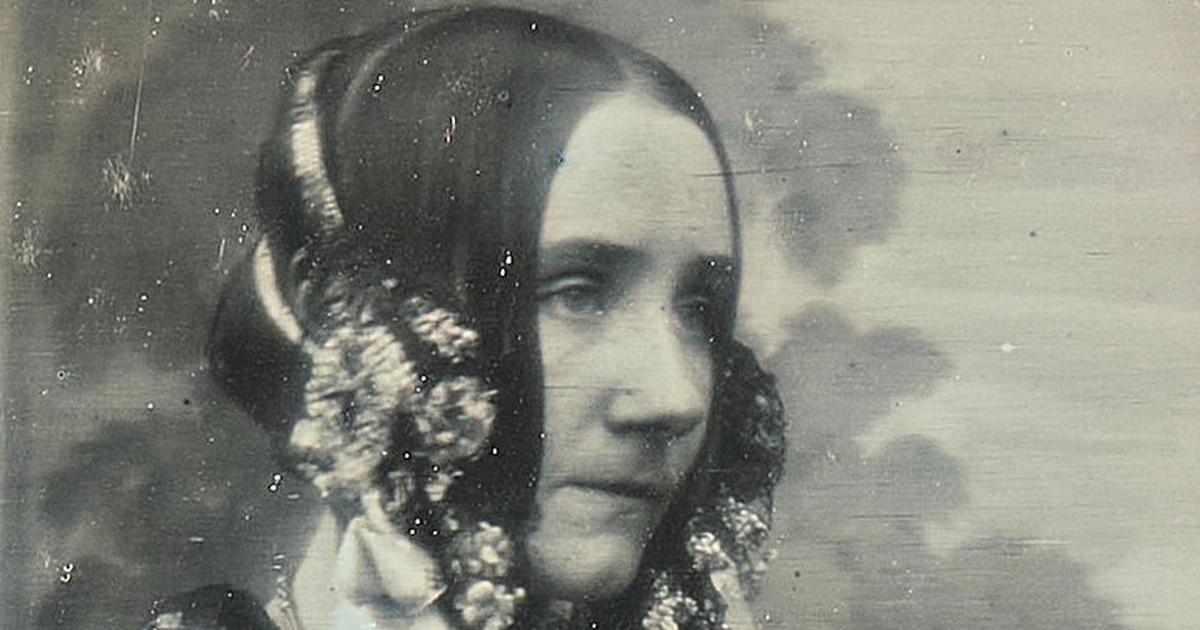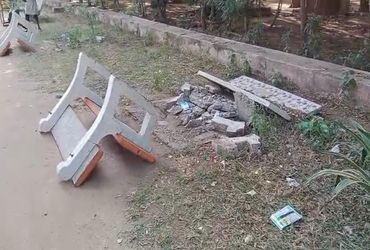Europeans are resistant to foreign workers but desperately need them to care for the elderly

Join our WhatsApp Community to receive travel deals, free stays, and special offers!
- Join Now -
Join our WhatsApp Community to receive travel deals, free stays, and special offers!
- Join Now -

Who will care for your ageing relatives when you can’t? It’s a question that many families in Europe are having to answer, as demographic changes caused by Europe’s ageing populations become more deeply embedded.
As loved ones get older or face long-term illnesses and disabilities, the demand for care is skyrocketing. But the workforce isn’t keeping up. One in five Europeans is already 65 or older, and by 2050, that number will hit 30%. This demographic shift will drive a 23.5% increase in demand for long-term care workers – but where will they come from?
Right now, the numbers don’t add up. Europe’s long-term care sector employs around 6.3 million people, yet there is already a massive shortfall of carers. Millions of families are stepping in, with 44 million Europeans – mostly women – providing unpaid, informal care for elderly relatives. This burden is neither sufficiently acknowledged nor sustainable. Our recent research shows the extent to which migrant care workers bridge this gap.
Across the EU, nearly 10% of long-term care workers are foreign-born. Some come from within the EU, but many arrive from South America (20%), Africa (12%), and Asia (10%). Once in Europe, they plug a critical gap in the care system, taking on jobs that local workers won’t or can’t do.
Despite their...
Read more
What's Your Reaction?
 Like
0
Like
0
 Dislike
0
Dislike
0
 Love
0
Love
0
 Funny
0
Funny
0
 Angry
0
Angry
0
 Sad
0
Sad
0
 Wow
0
Wow
0























































